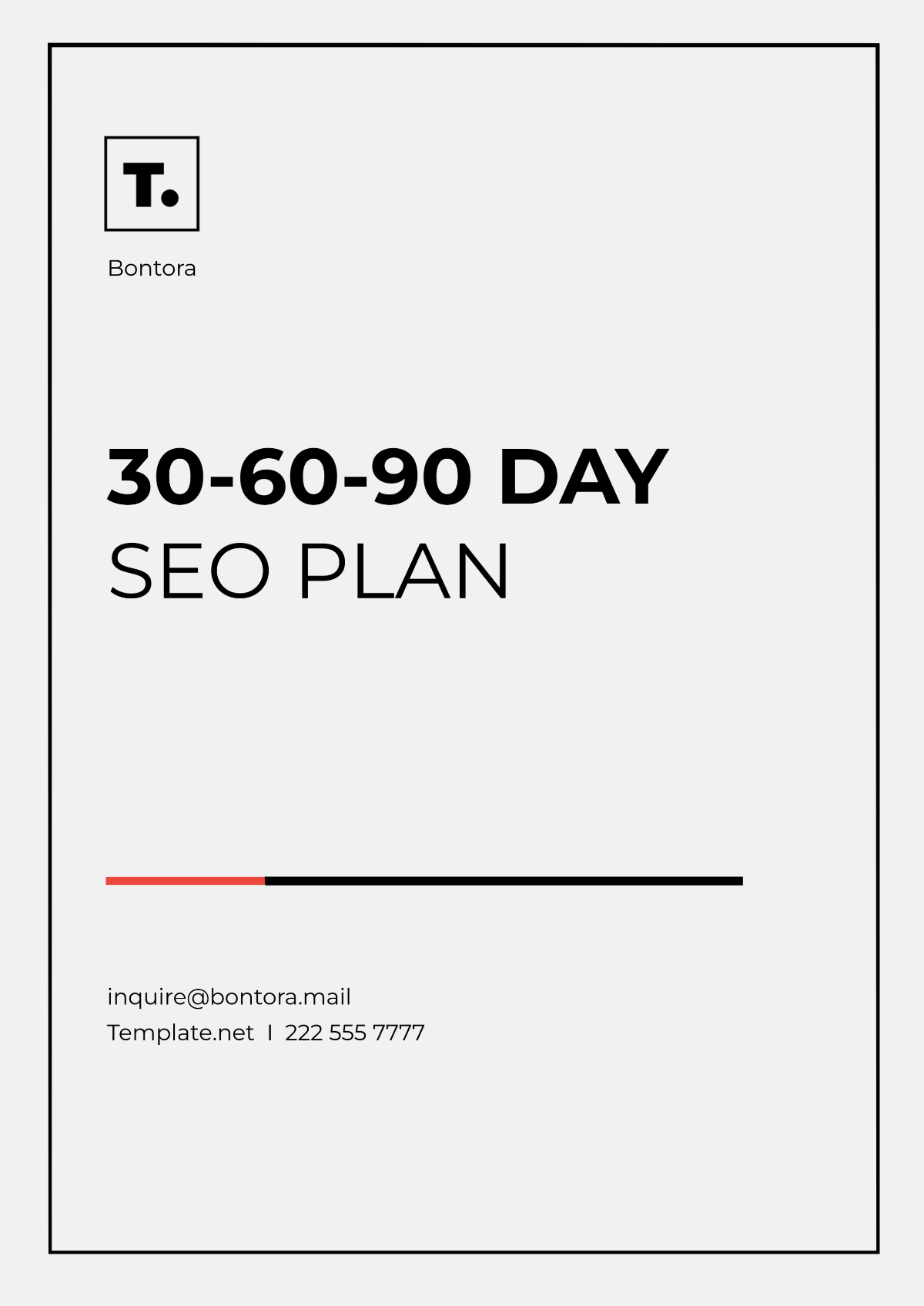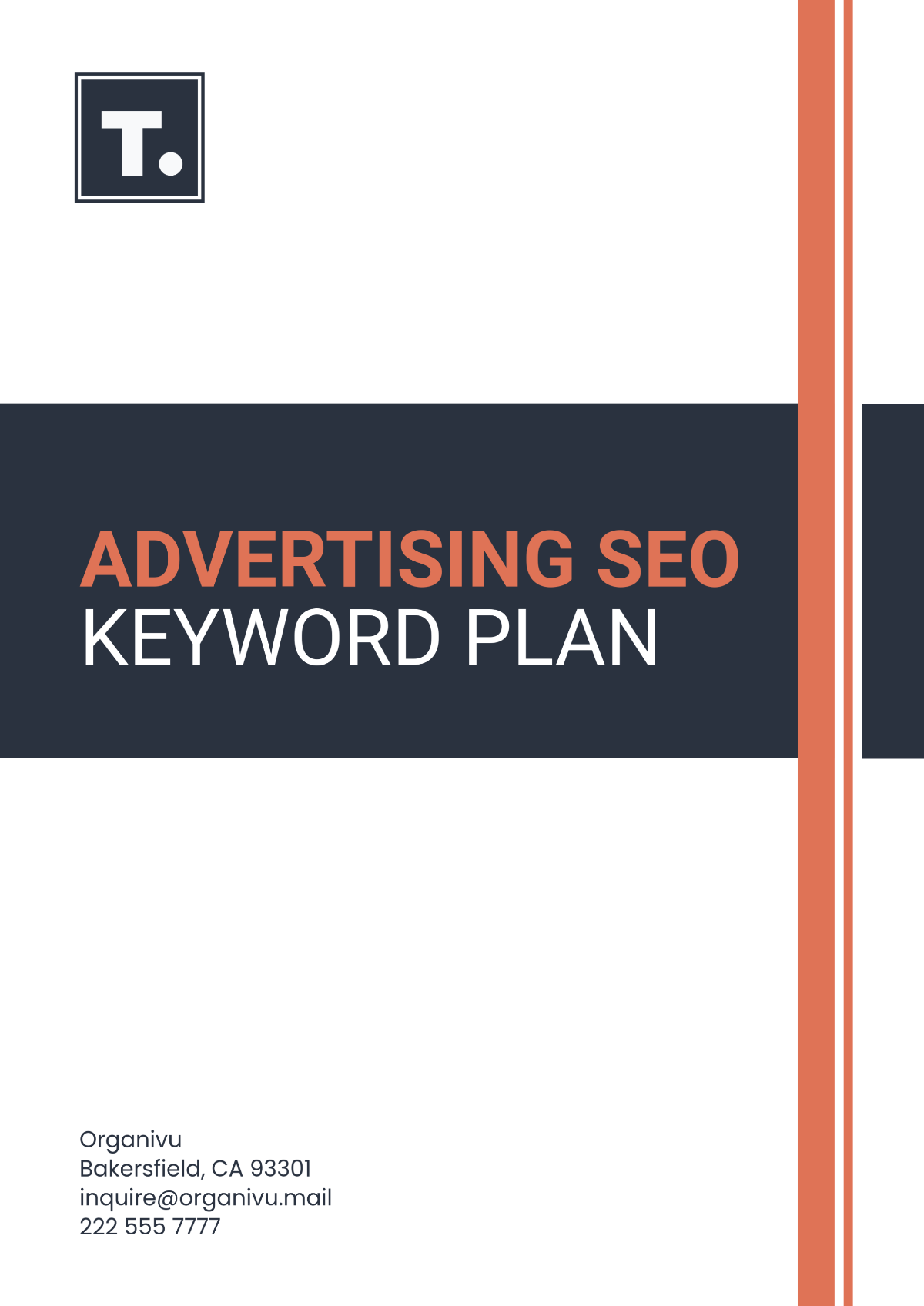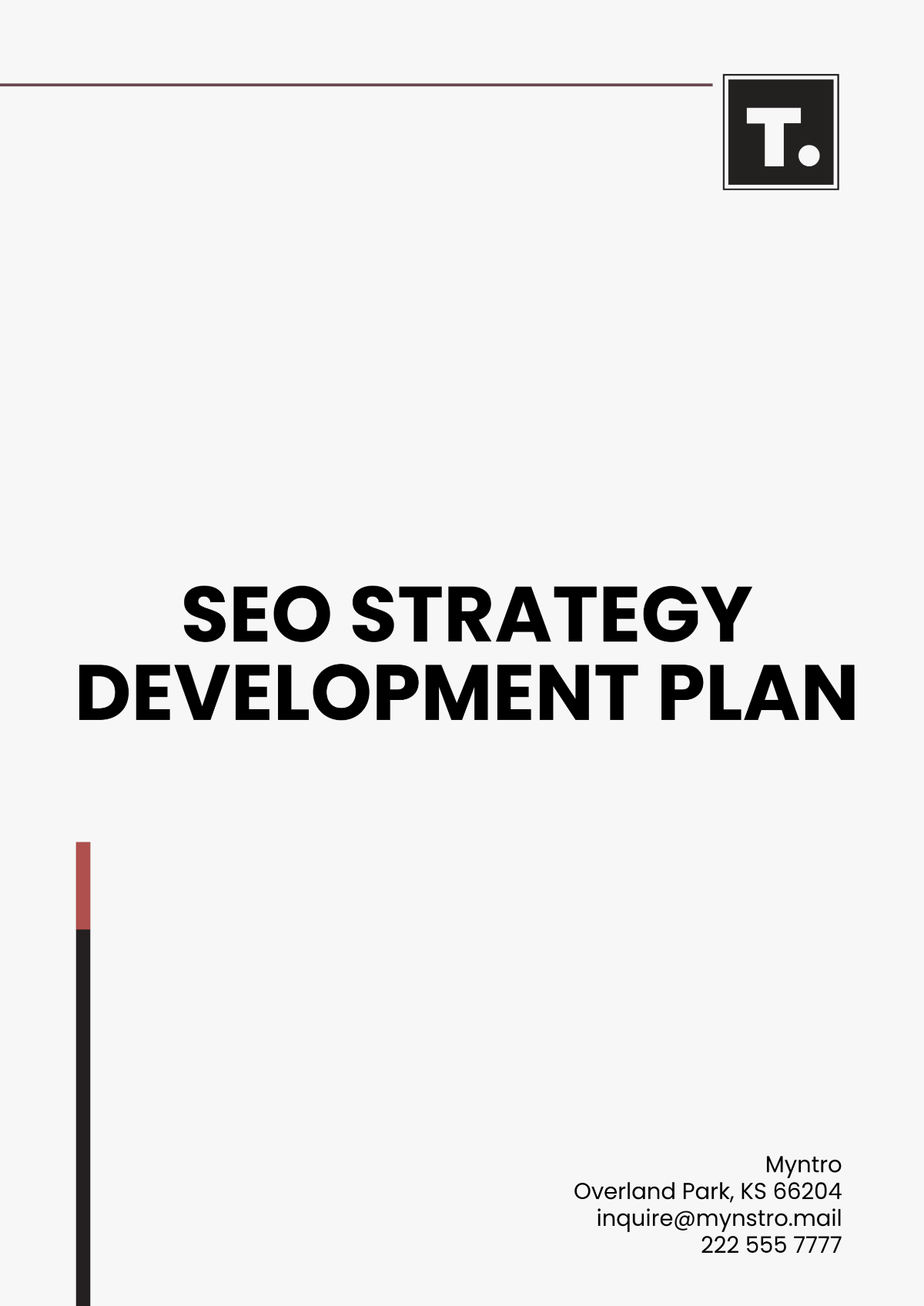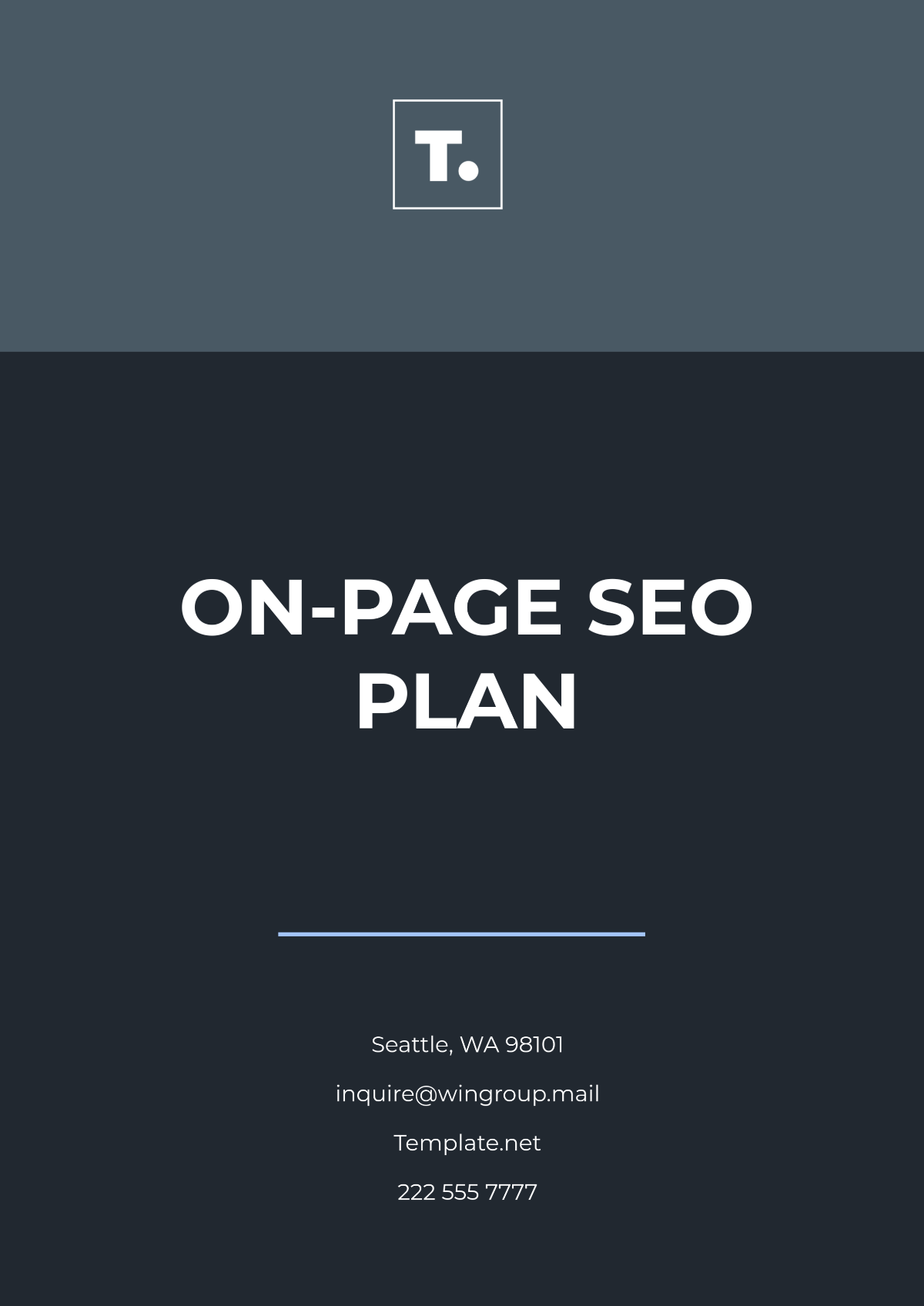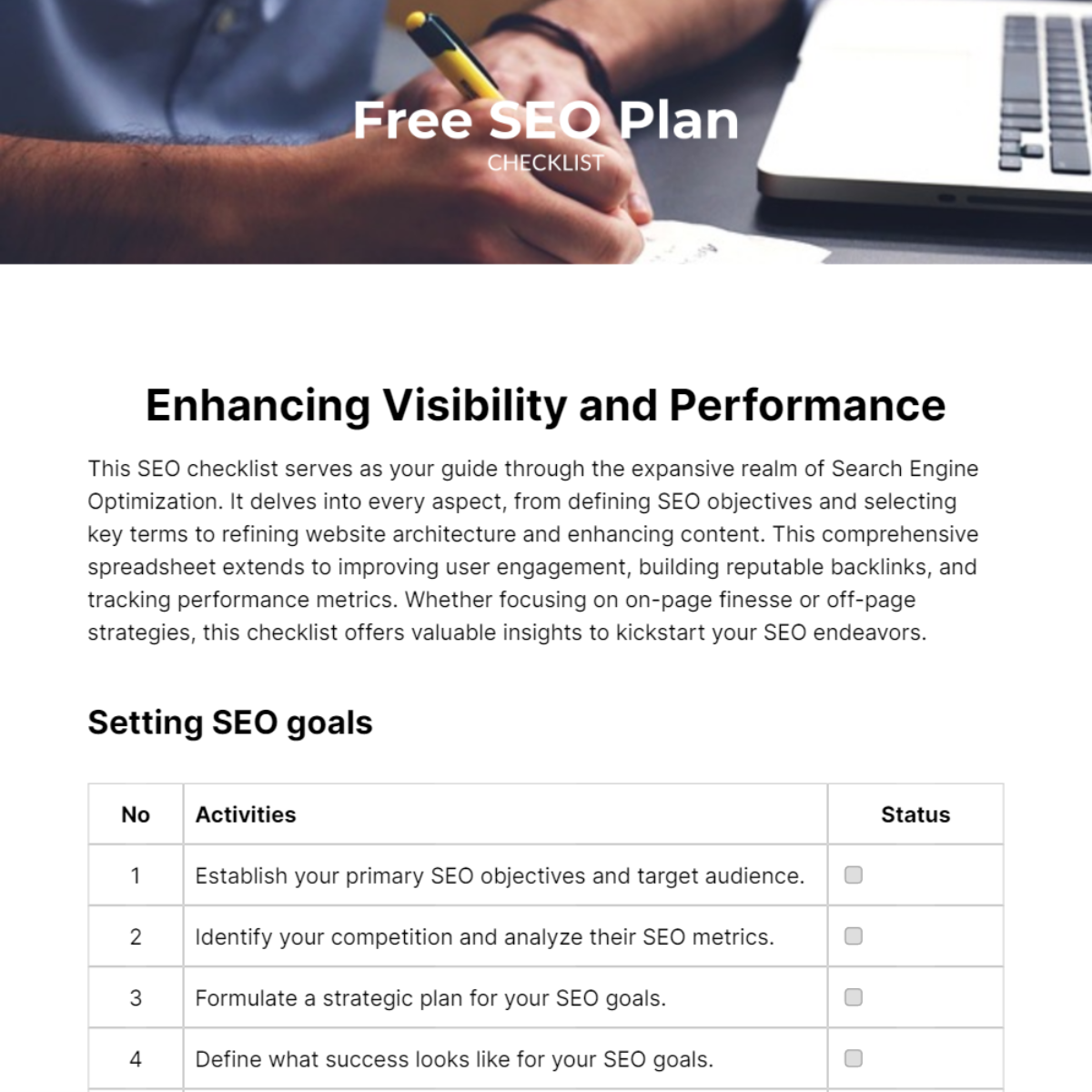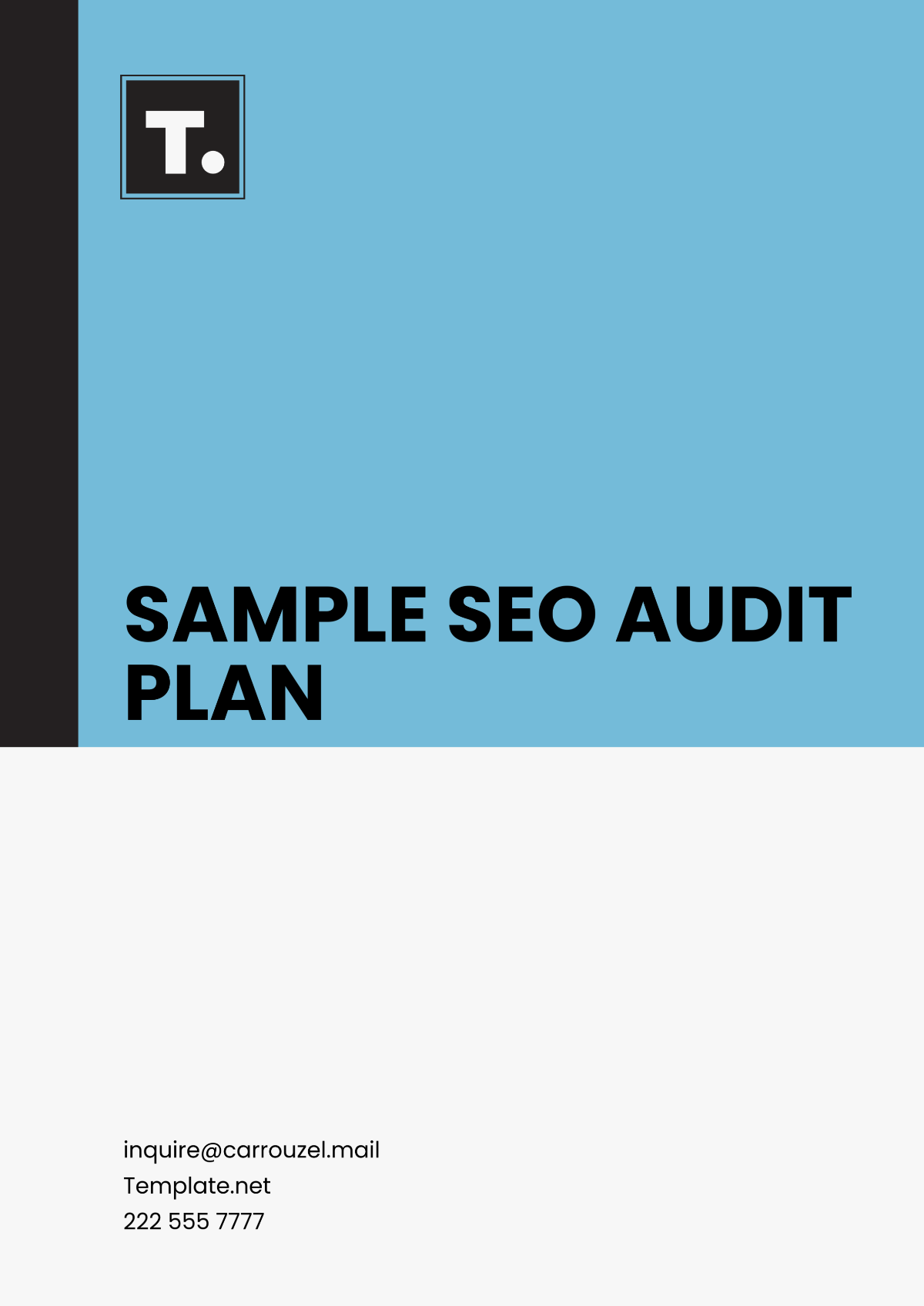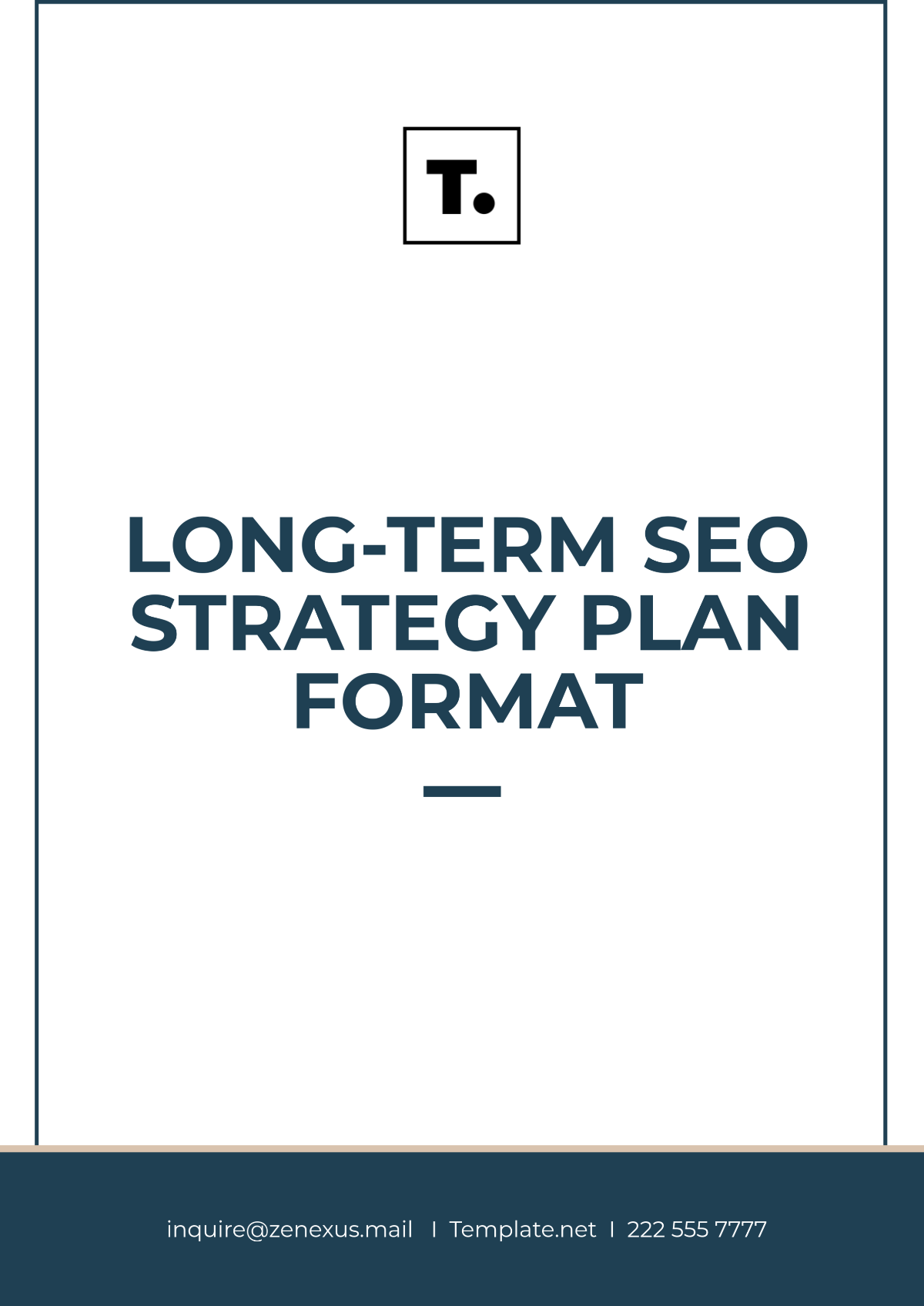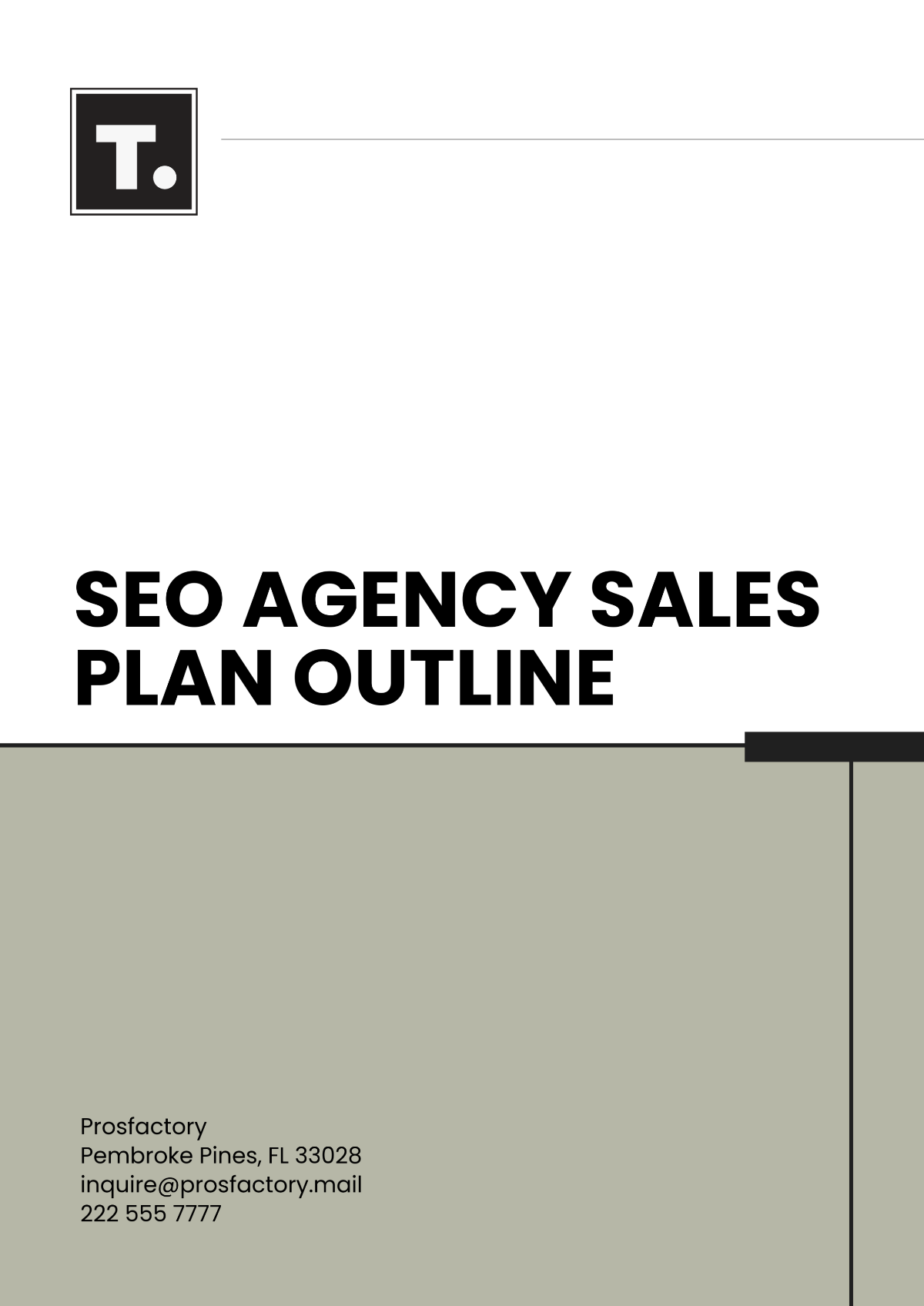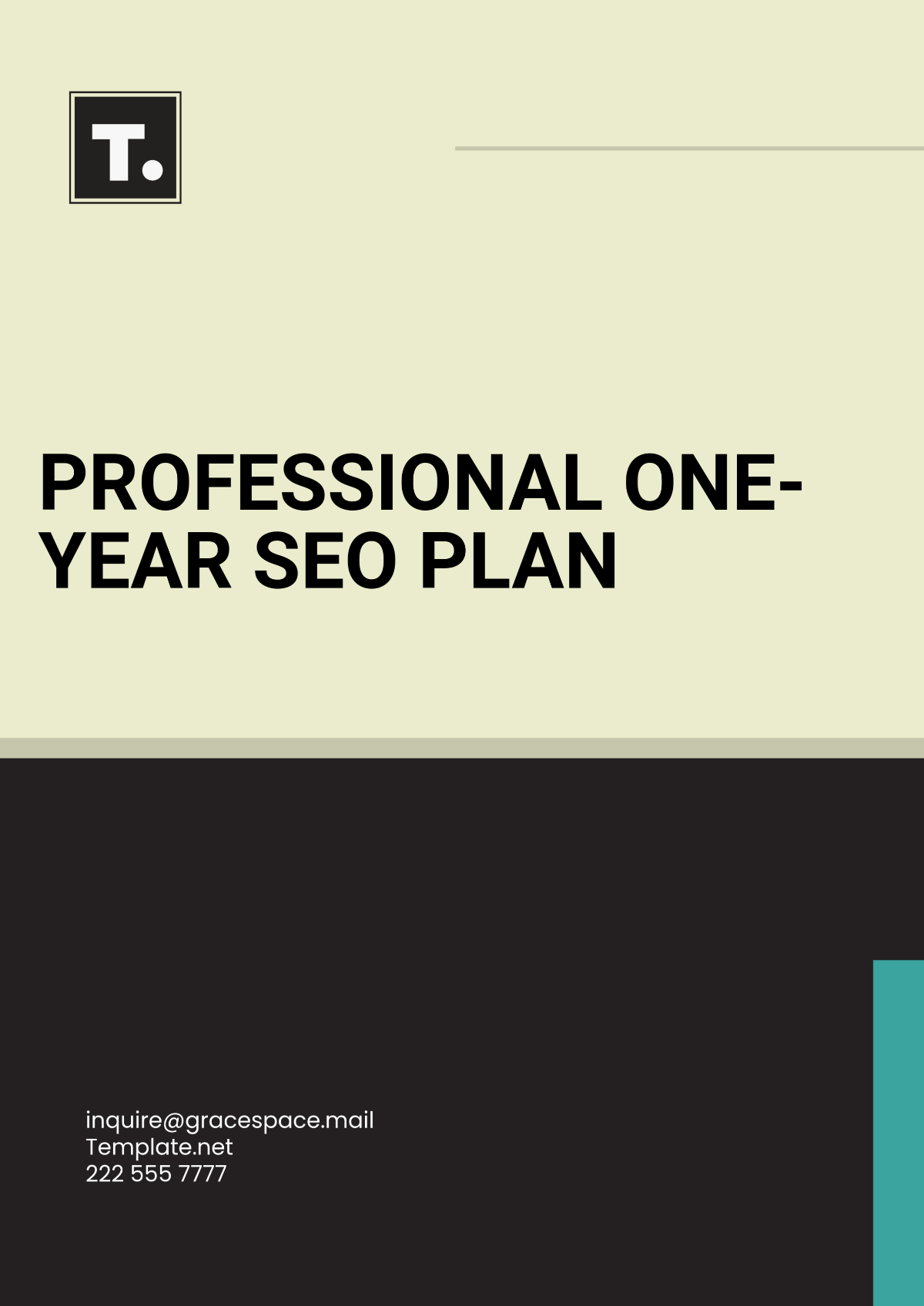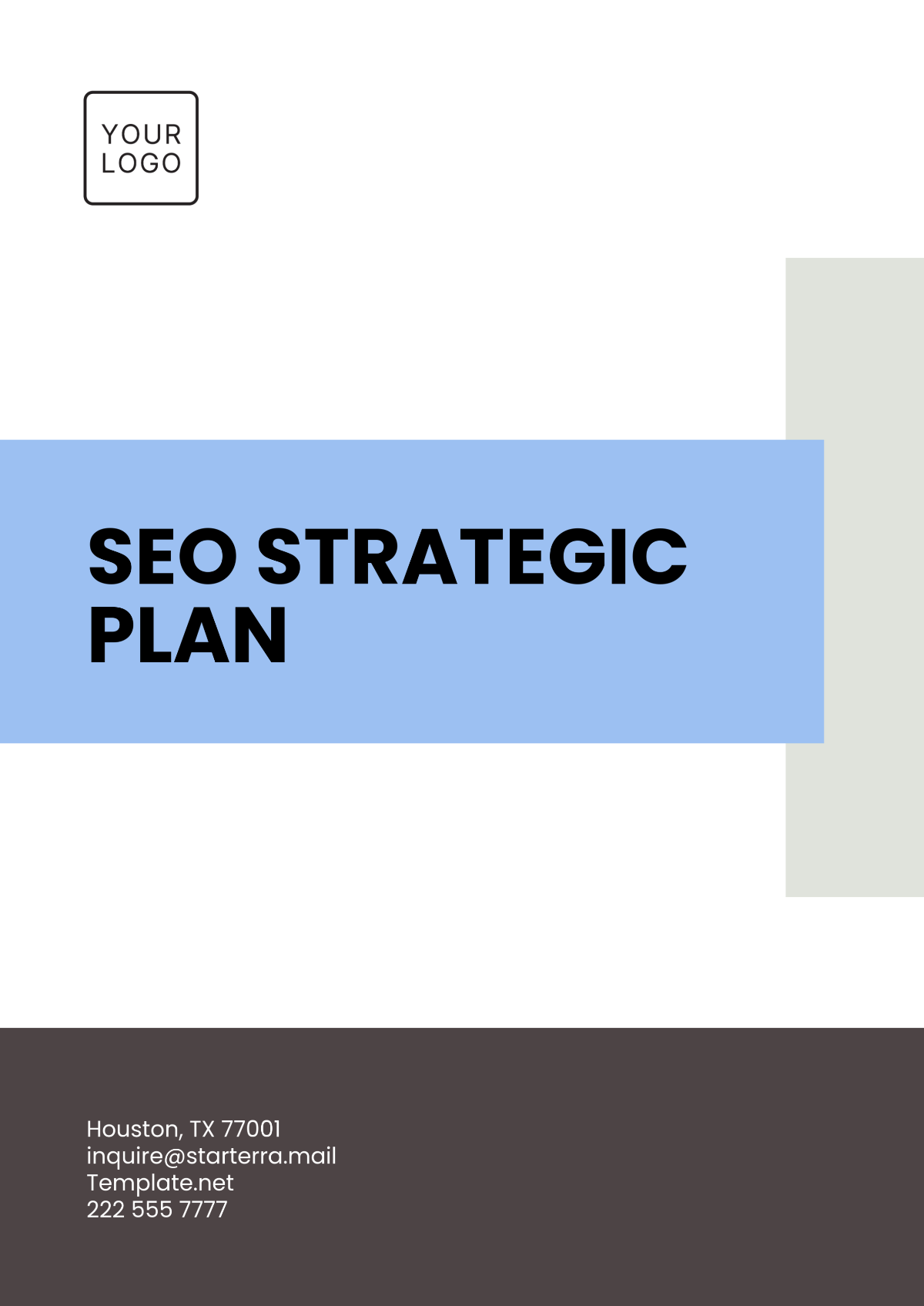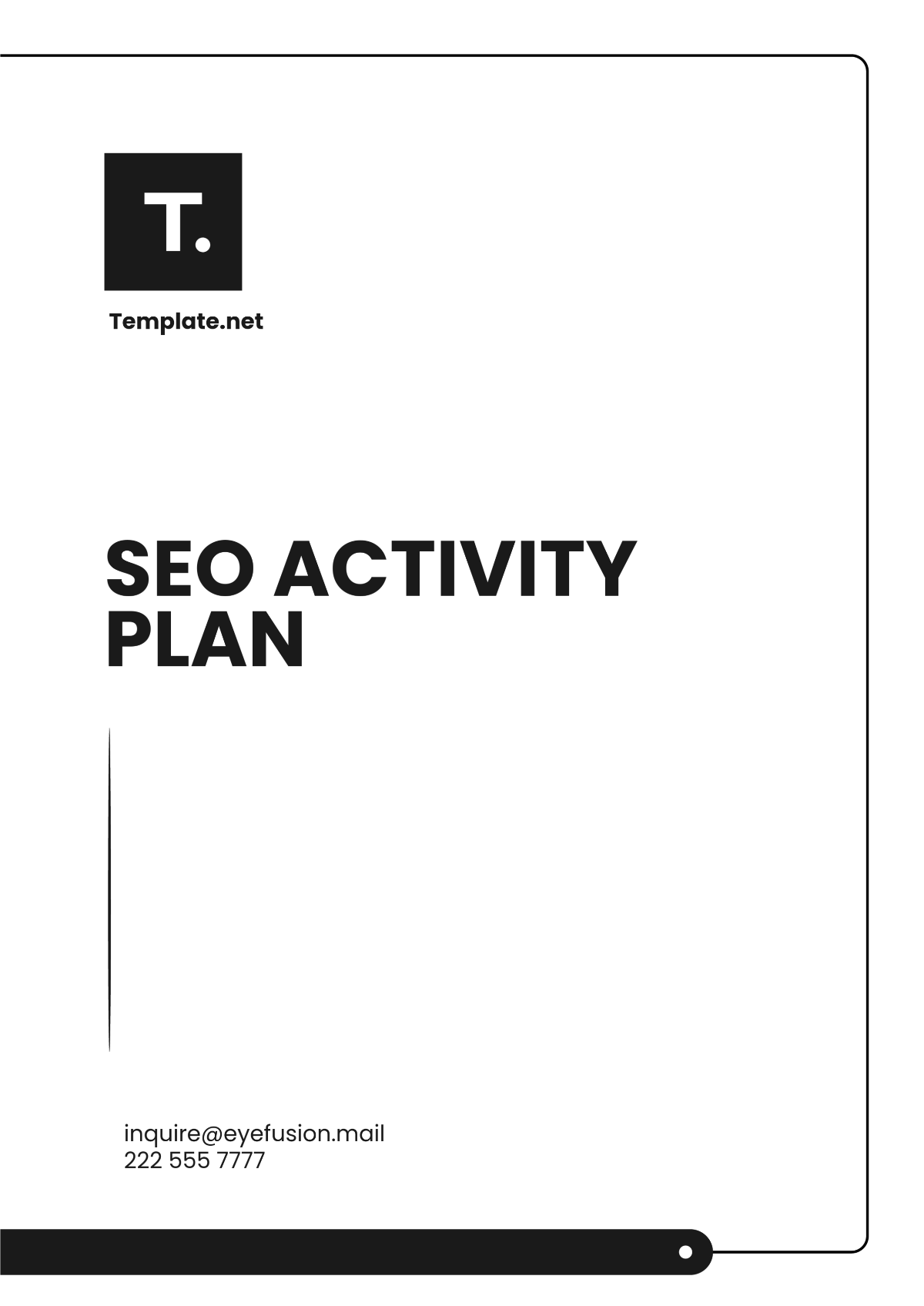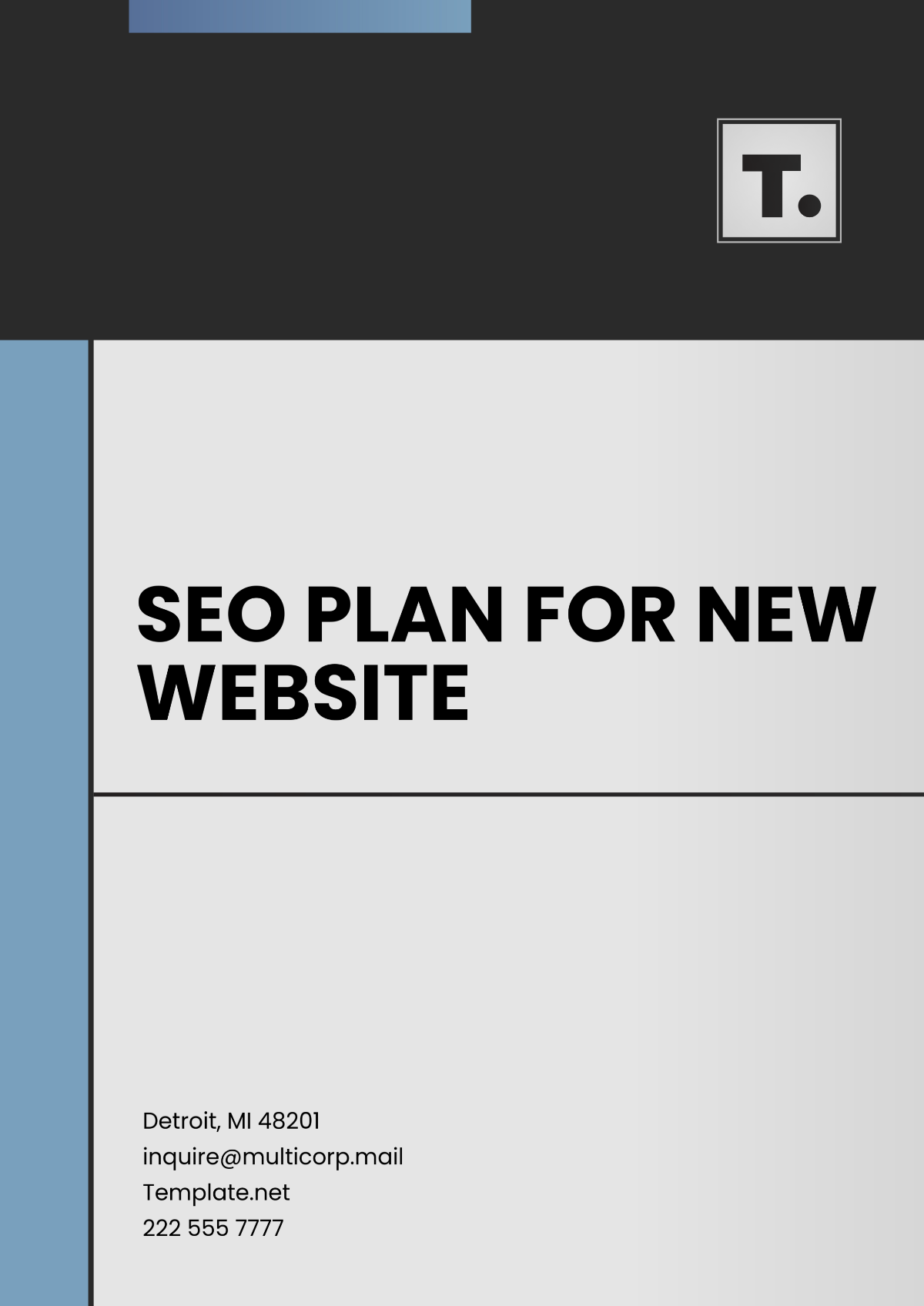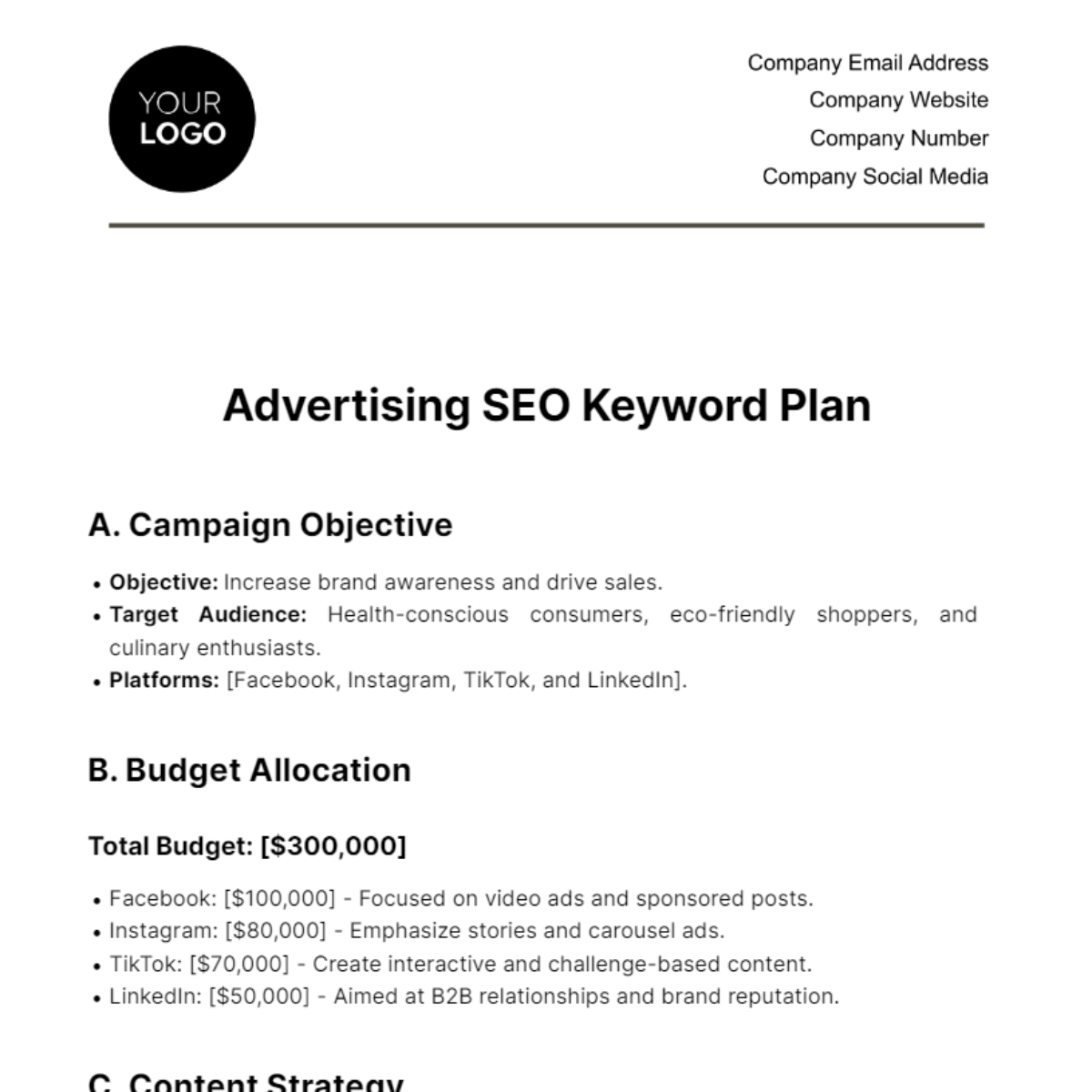SEO Optimization Plan Design
Prepared for: [Your Company Name]
Prepared by: [Your Name]
Date: January 1, 2050
I. Executive Summary
This SEO Optimization Plan aims to improve the search engine rankings of the website by focusing on strategic keyword targeting, on-page and off-page optimizations, content development, and continuous performance tracking. The goal is to enhance organic traffic, improve user engagement, and ensure long-term SEO success.
II. SEO Audit
A. Current Website Performance Analysis
An in-depth review of the website's existing SEO performance, including traffic, rankings, page speed, and overall structure. This audit will highlight areas for improvement, such as broken links, duplicate content, and underperforming pages.
B. On-Page SEO Audit
Assessment of on-page factors like meta tags, headings, keyword usage, and internal linking to determine optimization opportunities.
C. Off-Page SEO Audit
Review of backlinks, domain authority, and social media signals to understand the site’s off-page SEO health.
III. Keyword Research
A. Keyword Identification
Research will focus on finding high-value, relevant keywords for the industry, ensuring the keywords align with search intent and target audience.
B. Keyword Analysis
Evaluation of keyword difficulty, search volume, and competition to prioritize keywords that can drive traffic and are achievable within the timeline.
IV. On-Page Optimization
A. Website Structure Optimization
Improvement of website navigation, URL structure, and mobile optimization to enhance user experience and SEO performance.
B. Content Optimization
Refining website content to ensure it is keyword-rich, informative, and relevant to the target audience. Optimization of headings, images, and videos for SEO.
C. Meta Tags and Title Optimization
Creation and optimization of unique, keyword-focused meta titles, descriptions, and header tags to improve CTR and search rankings.
D. Internal Linking Strategy
Improving internal linking structure to increase crawlability and enhance user navigation across the website.
V. Off-Page Optimization
A. Link Building Strategy
Developing a robust link-building strategy by acquiring high-quality backlinks from authoritative websites in the industry to boost domain authority.
B. Social Media Engagement
Leveraging social media platforms to increase brand visibility, drive traffic, and generate social signals that can positively impact SEO.
C. Content Marketing and Guest Blogging
Publishing guest posts and engaging in content marketing initiatives to increase exposure, drive traffic, and build backlinks from reputable sources.
VI. Content Strategy
A. Content Creation Plan
Developing a content calendar that aligns with targeted keywords and business goals, ensuring consistent publishing of high-quality content such as blogs, articles, and videos.
B. Content Optimization
Optimizing existing content by adding relevant keywords, improving readability, and updating outdated information to keep it valuable and SEO-friendly.
VII. Performance Tracking
A. Key Performance Indicators (KPIs)
Defining measurable KPIs such as organic traffic, keyword rankings, bounce rate, and conversion rate to track the effectiveness of SEO strategies.
B. Tools and Analytics
Utilizing tools like Google Analytics, Google Search Console, and third-party SEO tools to monitor SEO performance, identify opportunities, and adjust the strategy as needed.
VIII. Timeline and Milestones
A. Implementation Timeline
Outlining a clear timeline for executing the SEO strategy, from initial audits to ongoing optimization efforts. The timeline will include deadlines for keyword research, content creation, and on-page and off-page work.
B. Milestones
Establishing key milestones to evaluate progress and success, such as reaching a specific ranking, acquiring backlinks, or achieving a certain amount of traffic.

